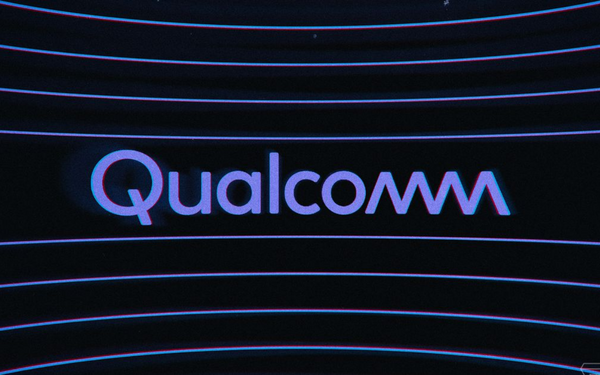Both the Google Pixel 6 and the Google Pixel 7 have Tensor processors that were developed in-house by Google. Google’s CPUs use more conventional components and are based on Arm designs and Exynos modems, in contrast to Apple’s highly specialised silicon. Despite the company’s progress, it seems that the organisation sought but was unable to acquire additional specialised CPU expertise to complement its already considerable TPU expertise.
Apple has just acquired Qualcomm in an effort to increase its knowledge of central processing units. Nuvia, founded by former Google and Apple employees, was acquired by the semiconductor maker. It seems that Qualcomm wasn’t the only corporation interested in the firm’s innovations. The likes of Google, Microsoft, and Intel have reportedly all discussed making investments in the young company.
Nuvia may have had a lot of potential for Google. While Apple’s A and M series of chips have some of the industry’s most efficient designs, Google seems to be just getting started with its Tensor chip project. While the company’s processors perform well in Pixel smartphones and the Google Pixel Tablet, they are no match for the desktop-class CPUs offered by Apple, Intel, and Qualcomm in laptops and other larger form factors.
There could have been a place for Nuvia at that point. The company’s primary product line consists of highly effective yet energy-efficient desktop central processing units. Soon, presumably from the newly acquired firm, Qualcomm will produce a 12-core high-performance product meant to compete with Apple’s M1 processor. If this technology had been included in Google’s now-defunct Pixelbook series, Chrome OS would have been an even more compelling alternative to Windows and macOS. Any Google device would benefit from a more powerful and efficient processor, but the company’s phones have the most room for improvement in this area.

Subtly charming pop culture geek. Amateur analyst. Freelance tv buff. Coffee lover
